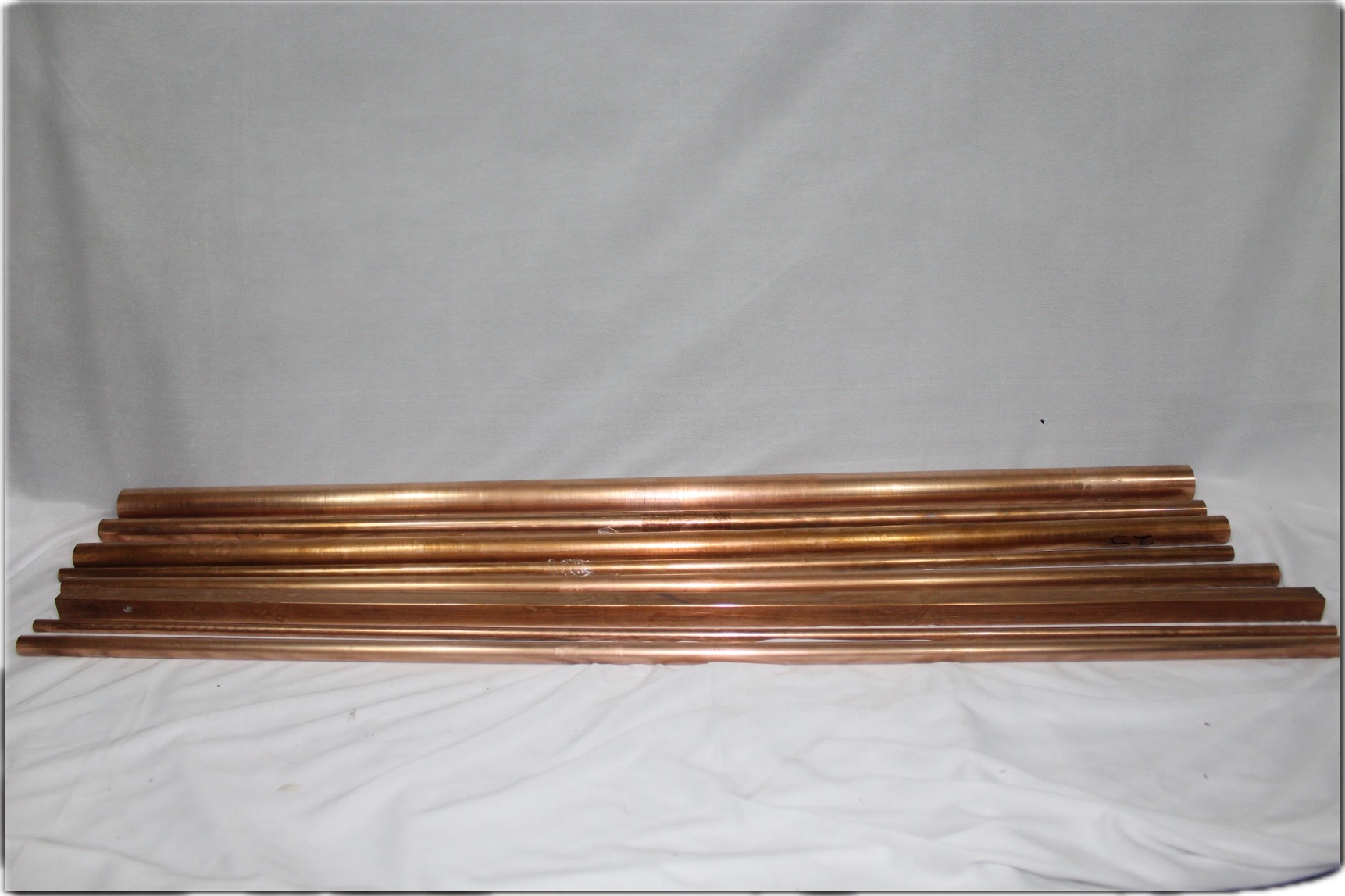The Role of Tungsten Copper Alloys in Resistance Welding

Why Tungsten Copper Alloys are the Go-To Material for High-Performance Resistance Welding Applications
Tungsten copper Alloys are an essential material in resistance welding, known for its unique combination of properties that make it highly effective in various welding applications. This blog explores how tungsten copper is used in resistance welding, why it’s a preferred material, and the benefits it brings to different industrial processes.
Understanding Tungsten Copper Alloys
Tungsten copper is a composite material made from tungsten and copper, combining the best characteristics of both metals. Tungsten, known for its high melting point and strength, is paired with copper, which provides excellent electrical and thermal conductivity. This combination results in a material that is both durable and conductive, making it ideal for demanding applications such as resistance welding.
Some key tungsten copper properties include:
- High Thermal Conductivity: Copper ensures efficient heat transfer, making it suitable for high-temperature applications.
- Wear Resistance: Tungsten enhances the material’s resistance to wear and tear, ensuring a longer lifespan.
- Electrical Conductivity: The combination of copper and tungsten allows for excellent electrical conductivity, critical in welding applications.
Why Tungsten Copper is Preferred in Resistance Welding
- Durability Under High Stress: Tungsten copper's ability to withstand extreme heat and pressure makes it ideal for resistance welding. Whether used in tungsten spot welding electrodes or tungsten copper rods, the material can endure the high-stress environment of welding without deforming or losing its effectiveness.
- Precision in Welding: The hardness and strength of tungsten allow for precise welding operations. Tungsten copper electrodes maintain their shape and integrity during the welding process, ensuring consistent and reliable welds.
- Cost-Effective: Although the tungsten copper price may be higher compared to other materials, its durability and performance make it a cost-effective choice in the long run. The reduced need for frequent replacement of tungsten copper bars and electrodes translates into savings for industries.
Applications of Tungsten Copper in Resistance Welding
- Spot Welding:
- Tungsten Spot Welding Electrodes: These electrodes are used in spot welding, where high conductivity and durability are essential. The tungsten copper alloy ensures that the electrode can handle the intense heat generated during the welding process, making it a preferred choice for high-performance applications.
- Projection Welding:
- Tungsten Copper Rods: Used in projection welding, these rods provide the necessary strength and conductivity to create strong welds. The material’s ability to resist deformation under high temperatures is critical in this application.
- Seam Welding:
- Tungsten Copper Bars and Sheets: These are often used in seam welding, where the material’s properties ensure that the welding process is smooth and consistent. Copper tungsten sheets and copper tungsten plates are also used in other welding applications that require precision and durability.
- Electrical Discharge Machining (EDM):
- Copper Tungsten EDM Electrodes: In EDM, where precision is key, copper tungsten electrodes are used to machine intricate shapes. The combination of copper’s conductivity and tungsten’s strength allows for precise and efficient machining.
Benefits of Tungsten Copper in Resistance Welding
- Improved Weld Quality: Tungsten copper's properties contribute to superior weld quality. Whether used in tungsten copper 80/20 alloys or other forms, the material ensures that welds are consistent, strong, and free from defects.
- Extended Tool Life: The durability of tungsten copper rods and tungsten spot welding electrodes means that tools last longer, reducing the need for frequent replacements. This is particularly beneficial in industries where downtime can be costly.
- Versatility: From alloy copper tungsten to tungsten copper sheets, this material can be used in a wide range of applications, making it a versatile choice for various industrial needs.
- Reliable Supply: As tungsten copper rod suppliers continue to innovate, the availability and quality of this material have improved. This ensures that industries can rely on a steady supply of high-quality tungsten copper for their resistance welding needs.
Conclusion
Tungsten copper’s unique combination of strength, conductivity, and durability makes it an indispensable material in resistance welding. Explore our range of high-performance tungsten copper alloys for the best industrial applications.